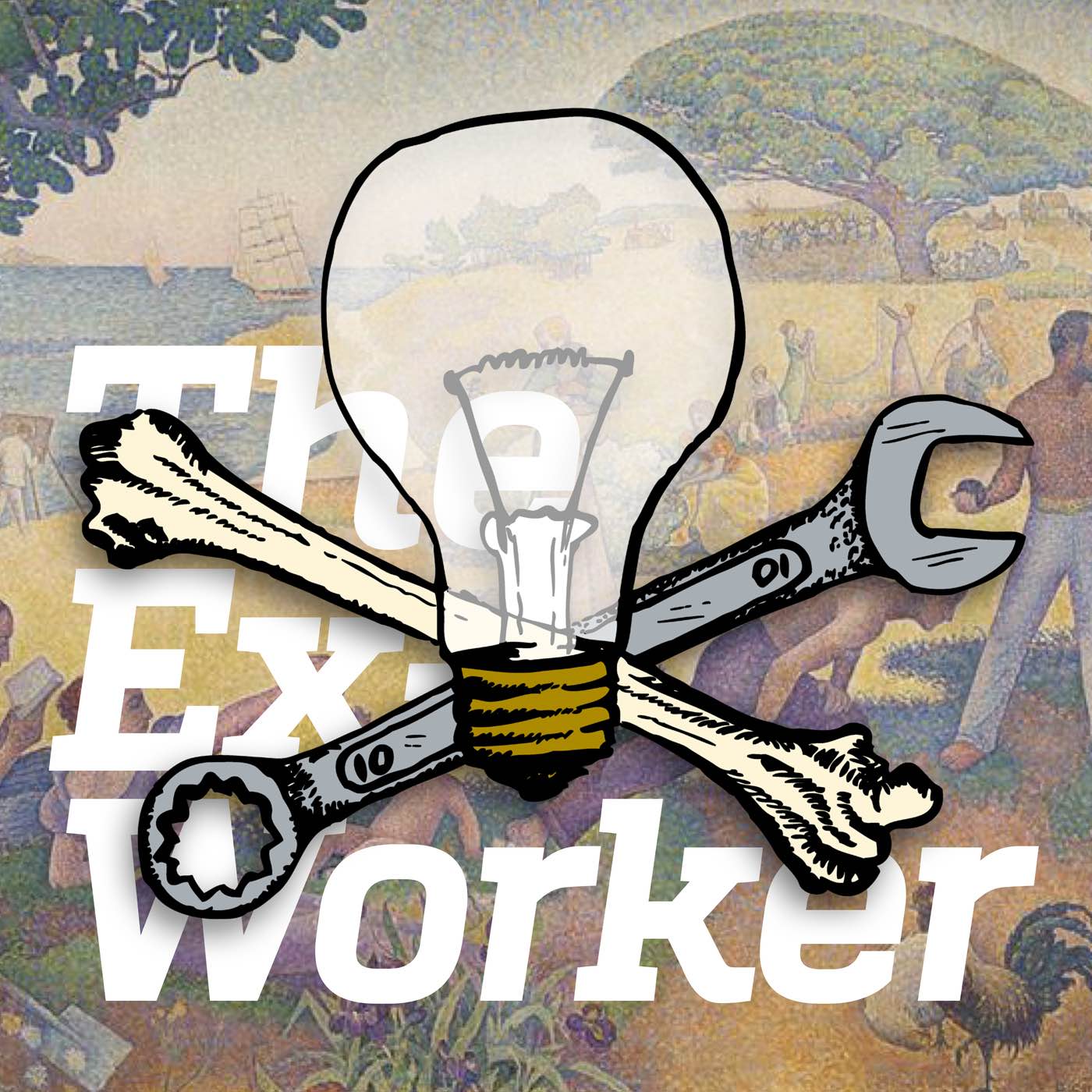#113: Mutual Aid and Revolutionary Anti-Capitalism
:Revisiting the Difference Between Mutual Aid and Charity
Summary
This episode offers an audio version of “Mutual Aid, the Commons, and the Revolutionary Abolition of Capitalism,” exploring why the best way to understand mutual aid as an effort to create participatory commons in which everyone can contribute and there is no fundamental division between organizers and beneficiaries.
Notes and Links
Table of Contents
- Introduction {0:30}
- Is It Mutual Enough? {1:34}
- Beyond Individualism {5:13}
- The Ones with the Problem Are Themselves the Solution {9:18}
- The Social Is the Material {13:14}
- Change from Below {15:17}
-
Mutual Aid Means Resistance {19:33}
-
This episode offers an audio version of “Mutual Aid, the Commons, and the Revolutionary Abolition of Capitalism,” published by CrimethInc. on June 6, 2025. The article version includes a variety of hyperlinks offering more documentation about the events referred.
-
To keep abreast of the prevailing discourse about the difference between mutual aid and charity, you could begin with Dean Spade’s “Solidarity Not Charity.” By contrast, this text presents some of the criticisms of the ways that the framework of mutual aid is used and misused.
-
You can read read Peter Kropotkin’s Mutual Aid: A Factor in Evolution here. You can read about Peter Kropotkin’s influence of the origins of Alcoholics Anonymous here. You can read AA founder Bill Wilson’s text “Benign Anarchy and Democracy,” which is quoted in this episode, here.
-
You can read read Errico Malatesta’s “Mutual Aid” here. The allusion to “relations without measure” in this episode is a reference to the journal Killing King Abacus.
-
For more perspective on how the non-profit industrial complex foreshortens the potential of movements for social change, read The Revolution Will Not Be Funded.
-
You can read about mutual aid projects in Brazil, Puerto Rico, Poland, New York City, and many other places on our website. You can also learn about mutual aid projects like the Really Really Free Market.
- Finally, for a deeper dive into the background of revolutionary discourse about the commons in English-language traditions, you could read The True Levellers Standard Advanced: Or, The State of Community Opened, and Presented to the Sons of Men published by Gerrard Winstanley in 1649.
